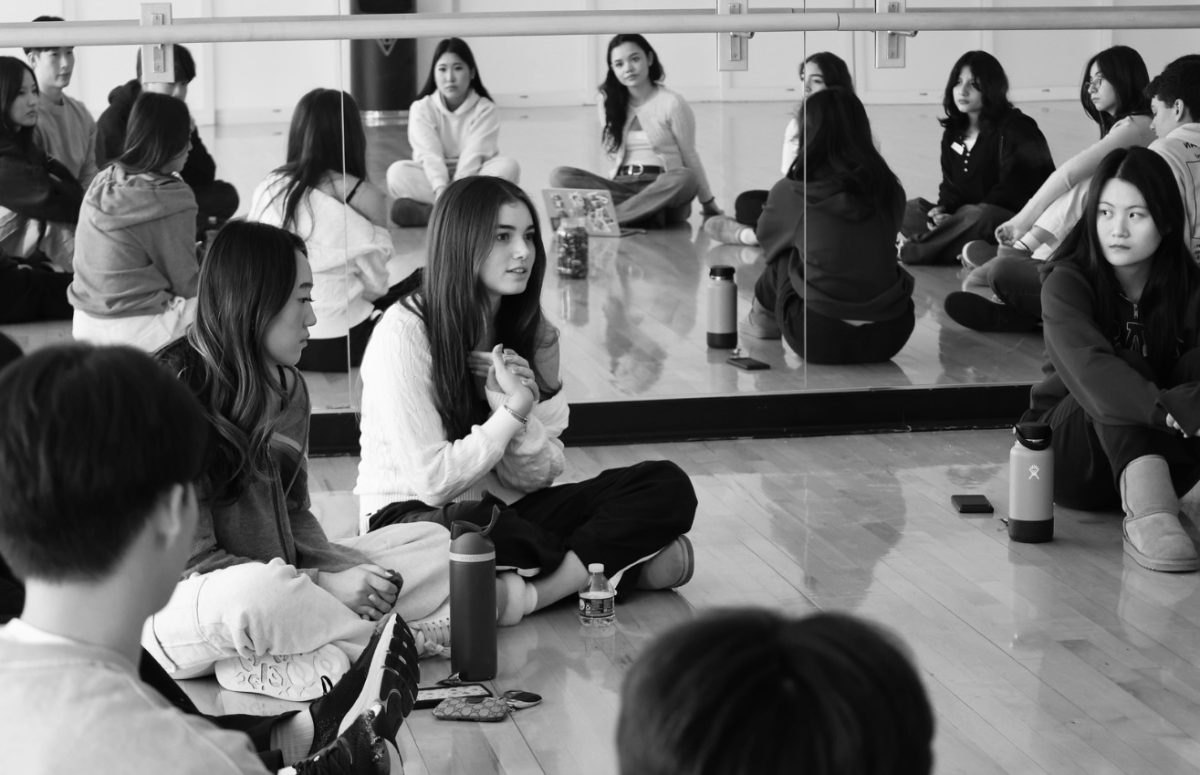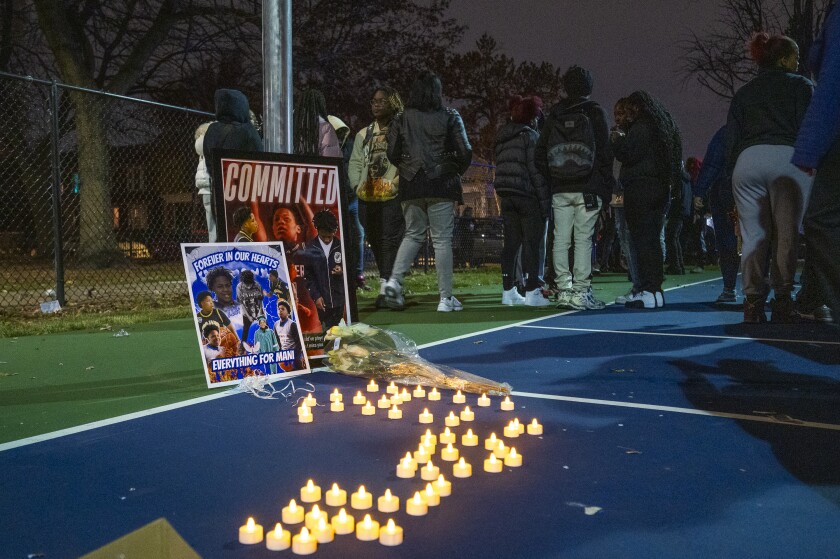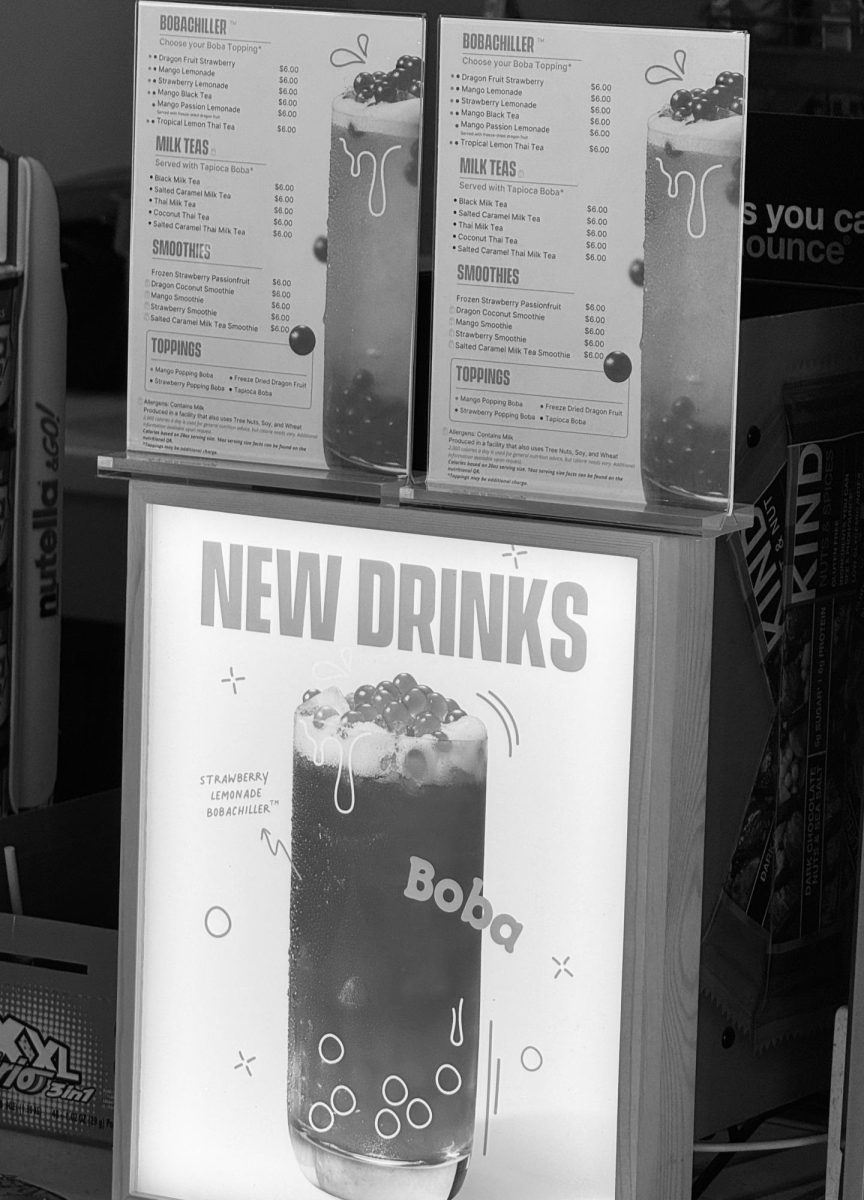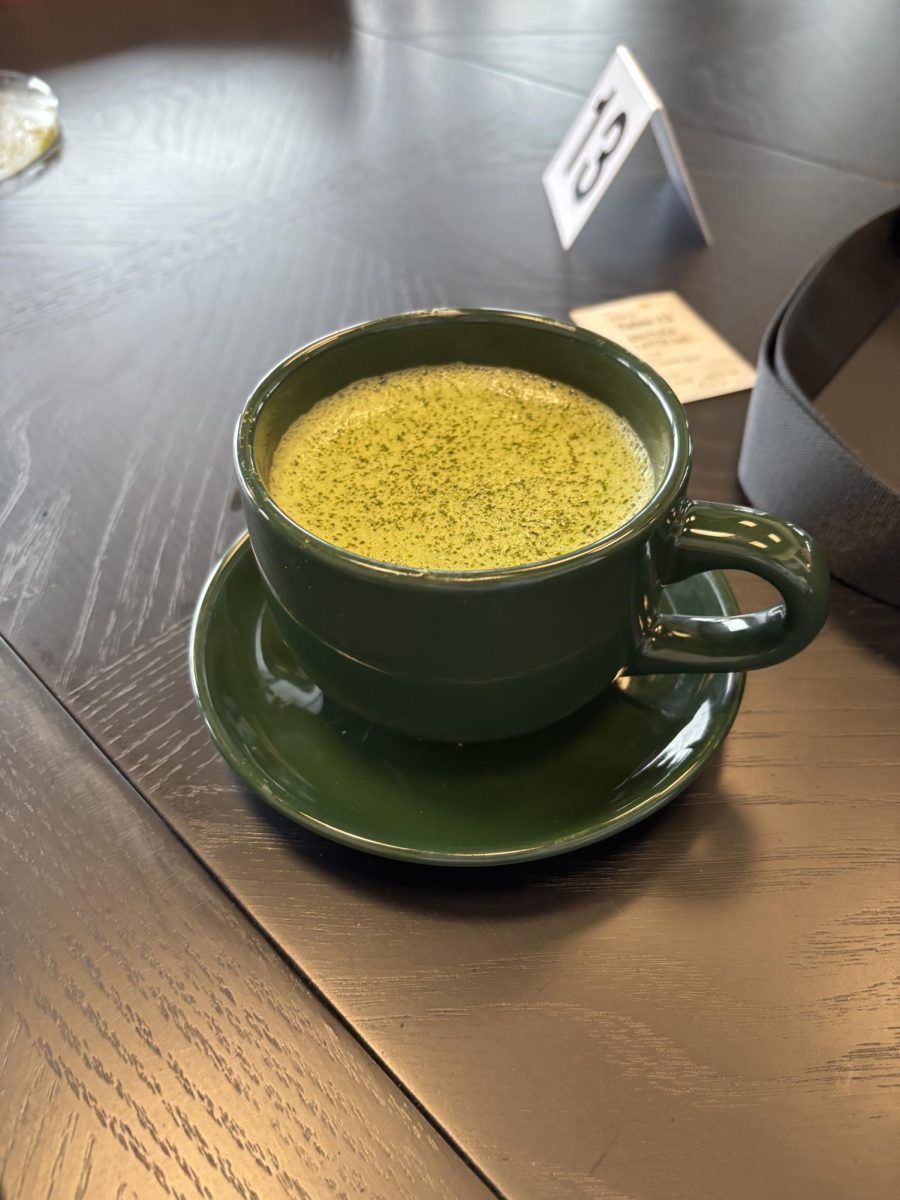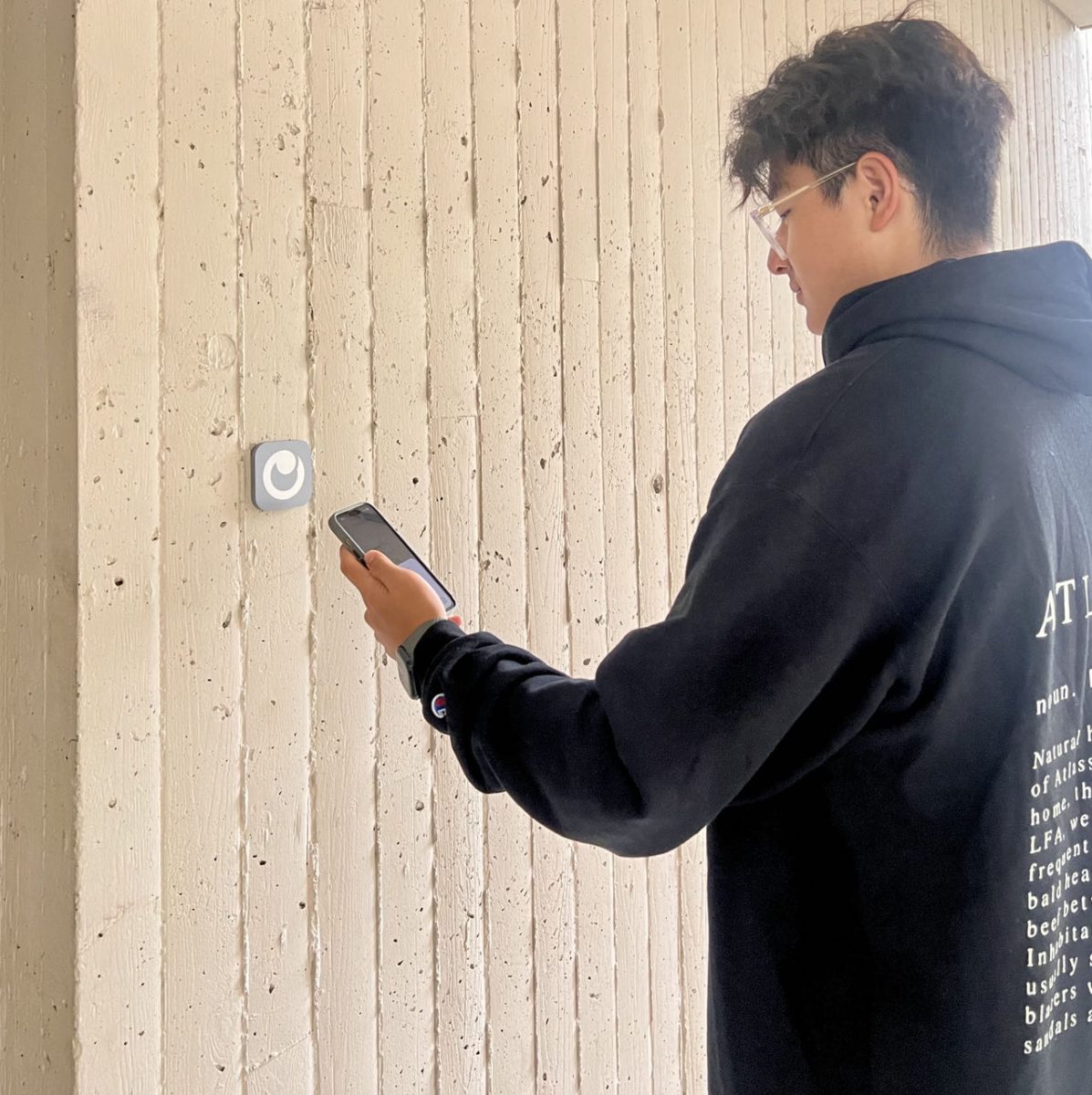As we are starting the new academic year, the Orah system is one significant change to boarding students. On this platform, faculty members are able to track student locations as students are required to scan the tile every day to prove they are physically in specified places such as dorms and STU– including before study hall on weekdays, on-time checking in for nights on weekends, and every time prior to getting on a school van. The sign-out process for boarders has also changed as they started using Orah. Emily Kalis, Assistant Dean of Students for residential and campus life, said, “Instead of signing out in a binder and writing your whereabouts on a whiteboard, you are doing it all through one app.” Kalis explained, “It records their whereabouts for their safety and accountability as well.”
The changes have resulted in controversies among students and faculty. The old signout policy for boarders required students to call the dorm phones to get permission as well as record their destination in the binder and whiteboard in the dorm. Kalis shared, “Those were three different physical places. One was on a phone, one was physically in a binder in the dorm commons, and one was on a whiteboard. I personally saw that as too many different locations. So we really hope to alleviate all these different locations that students need to go to in order to sign out.”
As for faculty, Kalis stated, “This has drastically improved the process for Mrs. Johansson in the Dean of Students’ office as it relates to overnight signouts. It has definitely streamlined the process for her and cut down a lot of unnecessary steps by having it all together on Orah. The biggest piece of feedback we had from both students and dorm faculty was that there were just so many places that we needed to look. Orah was to make it easier while still trying to achieve what we’re supposed to be doing, which is maintaining your safety and knowledge of your whereabouts as your local parents.”
Kalis reported positivity among students that many students consider the tapping process for Orah as a fun activity to do and are happy to get rid of the use of the whiteboard when signing out. However, students also have responded negatively to this change. David Yao 24’ said, “For me, Orah is a very complicated process. After three years of ordinary boarding life, I have adapted myself to the management of this school. Orah’s arrival has completely changed my habits, which are not friendly for seniors.”

 Daisy Zhang 24’, a proctor from Marshall Field, concluded, “Students are still not very familiar with this app and forget to scan it before study hours or on caxy vans. For off campus pass, many students would prefer signing out earlier, and if the plan has changed, we cannot cancel the pre-signout submission and need to submit a new off campus pass instead, this would lead to misunderstanding for dorm parents.” Additionally, the requirement for us to scan the tile is redundant since the boarders have to remember to scan for Orah in the hour before study hall starts every day even if they have never left the location. On weekends, when boarders don’t have in-room check-ins, they still have to scan the tile at required times as well as to bump the dorm parents on duty, which is a long applied tradition for LFA dorms on weekends.
Daisy Zhang 24’, a proctor from Marshall Field, concluded, “Students are still not very familiar with this app and forget to scan it before study hours or on caxy vans. For off campus pass, many students would prefer signing out earlier, and if the plan has changed, we cannot cancel the pre-signout submission and need to submit a new off campus pass instead, this would lead to misunderstanding for dorm parents.” Additionally, the requirement for us to scan the tile is redundant since the boarders have to remember to scan for Orah in the hour before study hall starts every day even if they have never left the location. On weekends, when boarders don’t have in-room check-ins, they still have to scan the tile at required times as well as to bump the dorm parents on duty, which is a long applied tradition for LFA dorms on weekends.




